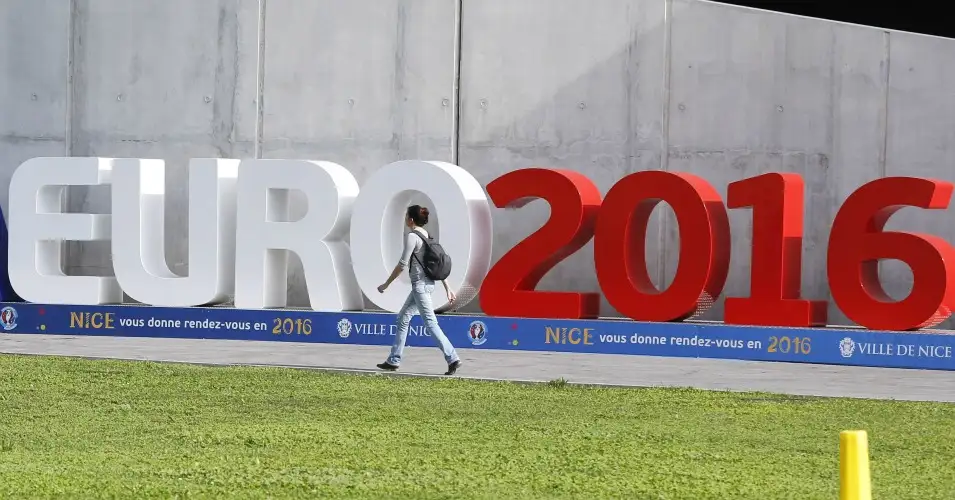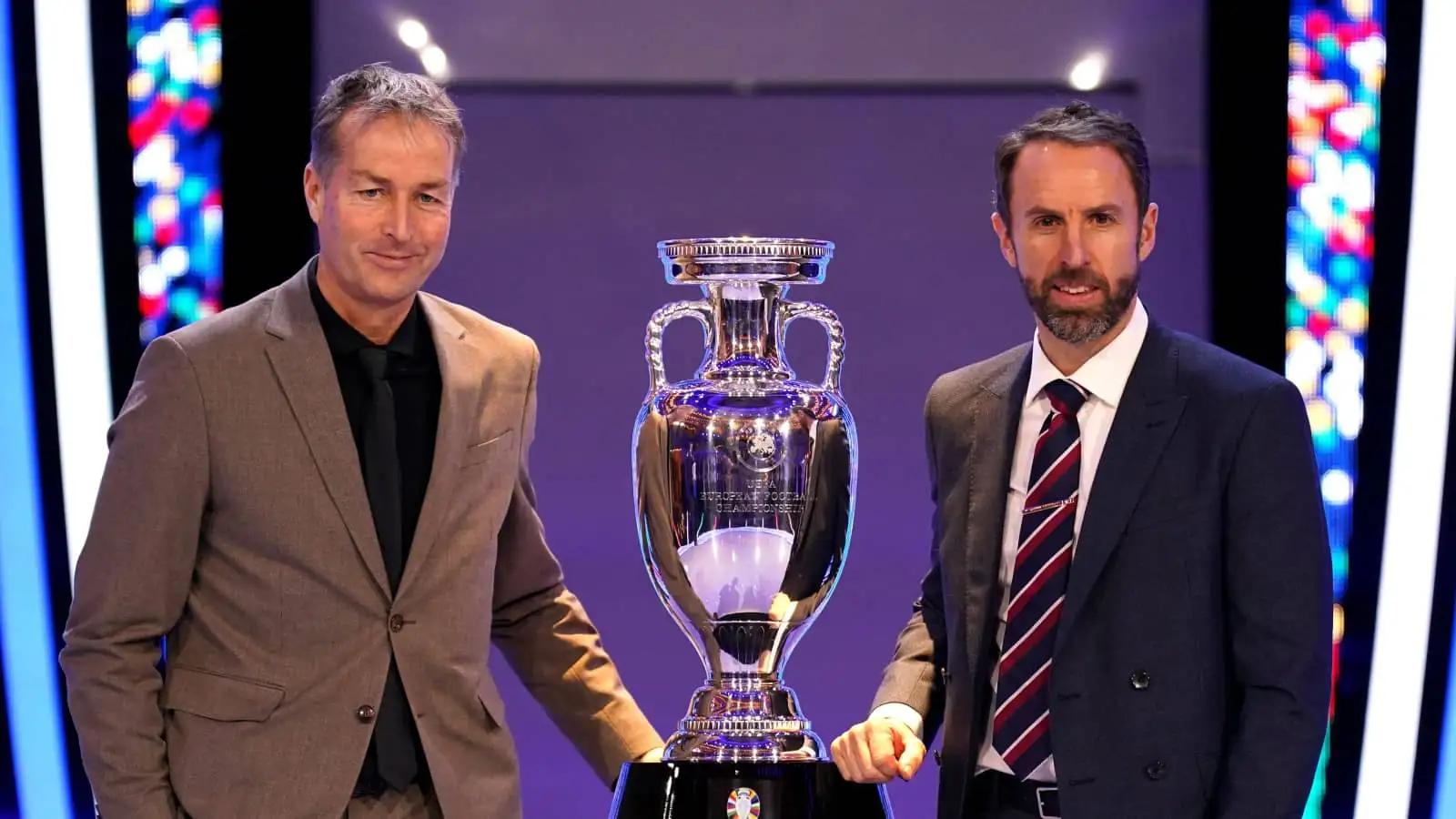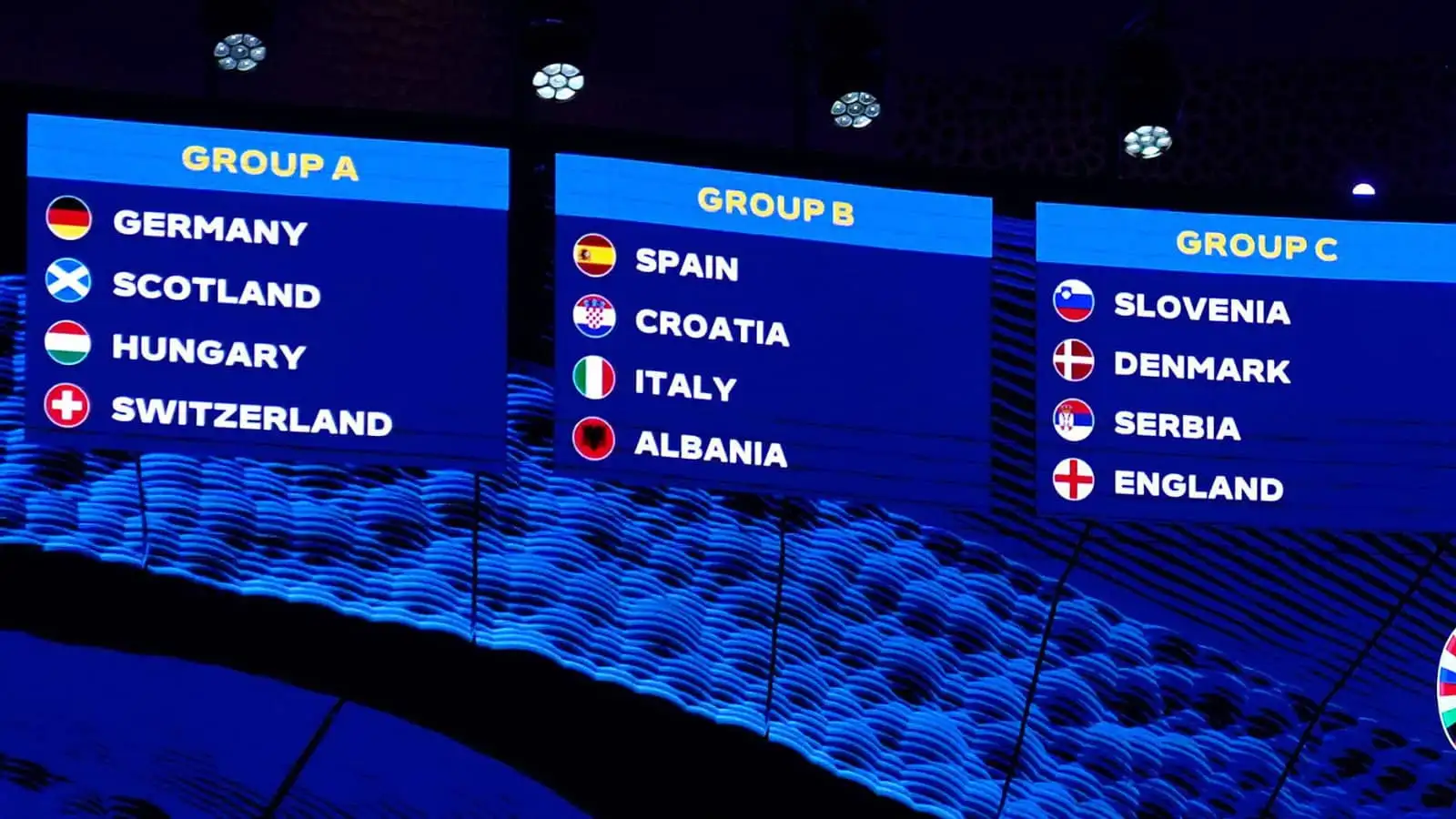Euro 2016: Forget money, this is pure football

There are some rather precious football fans who say they’re really not so interested in international football these days, that it’s no longer the pinnacle of the game to play in a European Championship or a World Cup, and that the Champions League is the real elite game these days. As though that matters. I disagree. We’ve never needed international football more than we do now. Because there is one thing that is brilliant about the Euros and the World Cup and it is this: money stops talking.
As the unseemly asset-stripping of Leicester’s title-winning players by unimaginative clubs who were too ignorant, too narrow-minded, too stubborn and too blinded by their own vast wealth to realise how good those players were in the first place begins, it all feels very depressing. As ever, the wealthiest seek to exercise spending power as a substitute for training and raising their own players, as a substitute for spotting young players, as a substitute for basically being any good at running a football club’s playing staff. Awful. The way everyone is obsessed with money sickens.
And that’s exactly why the upcoming Euros are so brilliant. None of those money matters matter this summer. We can leave it all behind. Money doesn’t count. No-one is playing to get a transfer to a better, richer country for ever more ludicrous wages. No country can buy in a top-class player. No country can pay bigger money to get better players. It’s the most level playing field you can get today and as such offers many possibilities for unlikely results and for the sort of tension and excitement that is often missing from competitions dominated by a wealthy elite.
In this sense, it is what we’d probably all prefer in our everyday leagues: pure football competition, not some exercise in financial doping and quick short-cuts to success at the expense of civic pride, local culture, courtesy of your local oil-rich oligarch and his blank-eyed corporate minions.
Stripping money out of football, if only for a month, is a balm on the wound made by the financial hegemonies, a wound which tends to restrict proper competition and rewards the highest spenders, though whether this will continue to be the case is – after Leicester’s and others’ success – a moot point. However, last season showed how liberating it is to all of our psyches to feel that money is less important than collective talent. The Euros is all about collective talent and nothing to do with money.
As Euro 2016 plays out, no-one needs to wonder how much anyone is being paid, whether they’ll be transferred, whether they’re worth their wages or anything else, other than how they play football. Everything which forms the basic skeleton of the football season is stripped away. Just go and do it.
So as an extension of these pure sporting principles, it’d be nice if all national sides could play without being sponsored. It might not seem like it, but sponsors/partners are a relatively new introduction. Football has never been richer, so surely it doesn’t need to take money from a company in order to declare them Euro 2016’s ‘official’ watch purveyor. I know that’ll mean a lot to you. What says you love football more than buying a watch from the ‘official’ sponsor? There can’t be any more soulless experience than seeing the army of logos lined up putting money into every FA in order, in England’s case, at least, to be associated with a lot of failure and almost no success. Maybe it’s the choice of sponsors that ruins England’s chances. There are few worse lagers to allow into your body than Carling, after all.
Let’s strip the money out of it altogether. No corporate names and logos on shirts, no ‘official breaded ham/underwear gusset provider/horse-slaughtering partners’. No sponsors providing official Euro 2016 haemorrhoid cream, cheese strings or merkins. Make it all money-free for just four weeks. Let us have our game back from the damp, grasping, calloused hands of Mammon and let us embrace it once again, not as business, not as an attack dog of global capitalism, but as noble sport where one lot of talented footballers tries to beat another lot of talented footballers and nothing else. The one who plays best wins, not the one who spends best or generates the biggest income stream.
This is clearly far too idealistic. The complete hypnosis of money, at the expense of everything worthy is a not just a battle that has been lost, but a war. But at least the economics of football clubs are irrelevant for the next four weeks.
And that’s still why this summer will be great and it’s why international football remains a uniquely exciting and wonderful prospect.
John Nicholson

